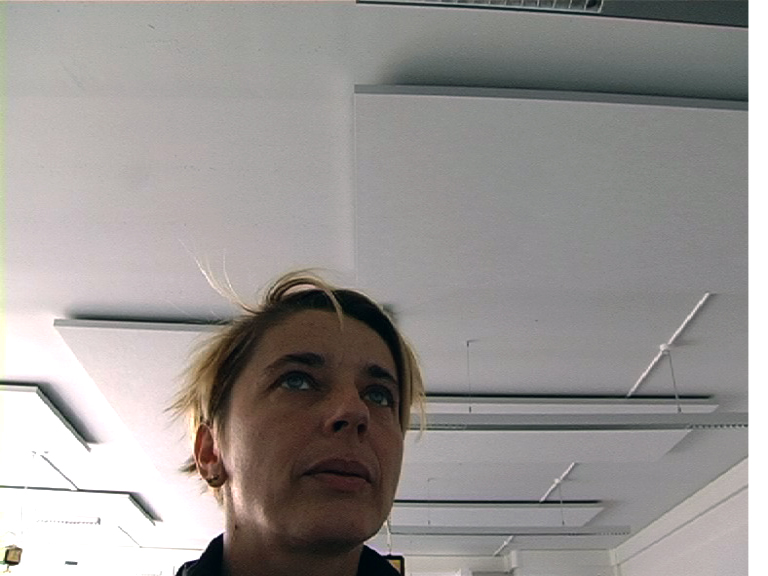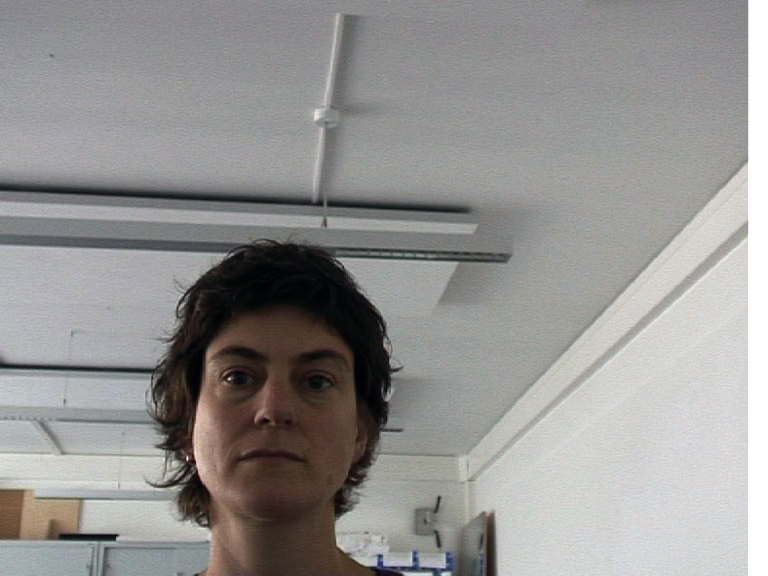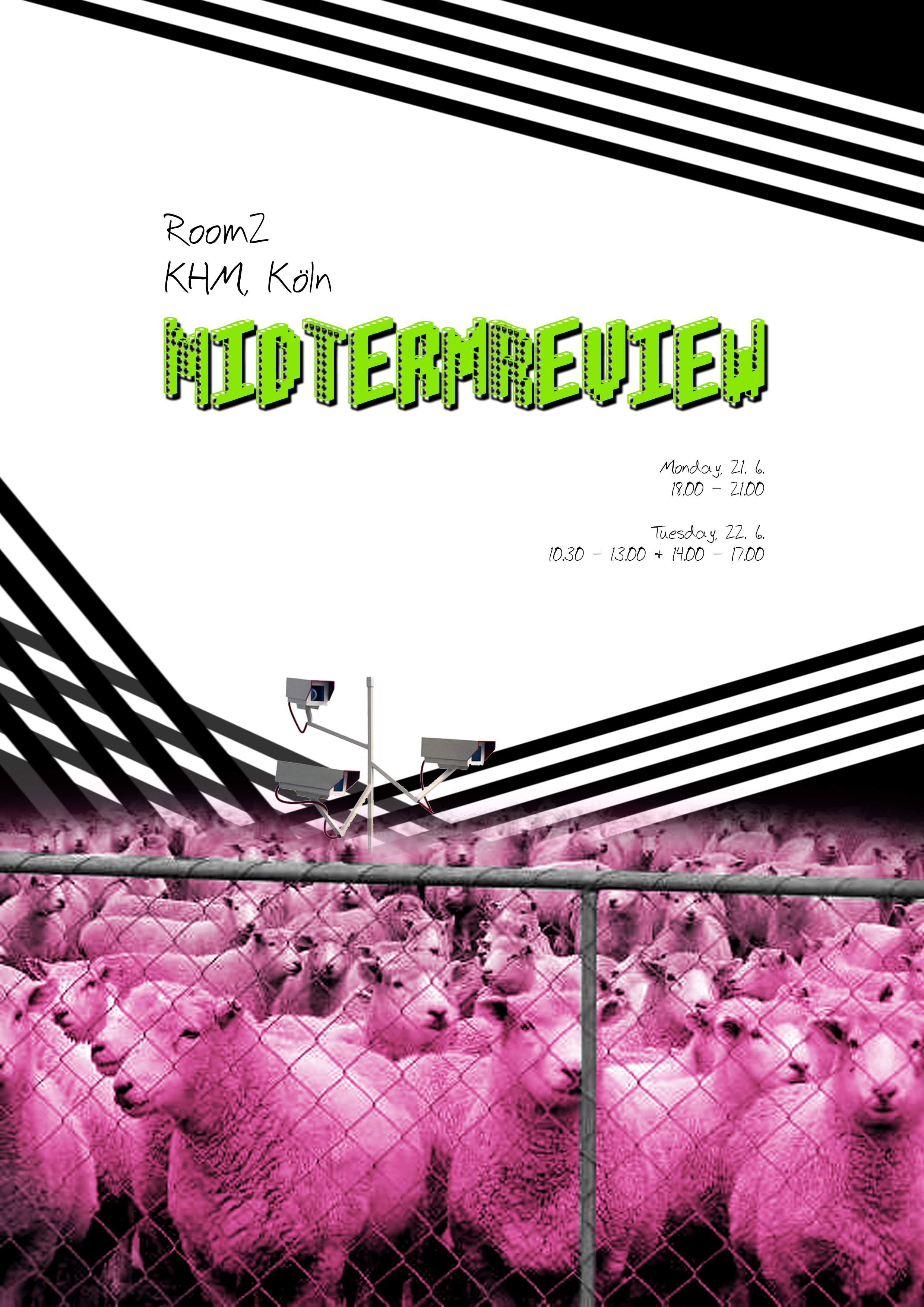Sixth International Summer School
organised jointly by the EU FP7 project PrimeLife
and the IFIP Working Groups 9.2, 9.6/11.7 11.4, 11.6
Privacy and Identity Management for Life (PrimeLife/IFIP Summer School 2010)
to be held in Helsingborg, Sweden, 2nd – 6th August 2010
in cooperation with the EU FP7 project ETICA
http://www.cs.kau.se/IFIP-summerschool/
After the success of the 2009 PrimeLife/IFIP Summer School, the European project PrimeLife and IFIP (International Federation for Information Processing, Working Groups 9.2, 9.6/11.7 11.4, 11.6) will continue their joint cooperation. This year they will hold an International Summer School on the topic of Privacy and Identity Management for Emerging Internet Applications throughout a Person’s Lifetime.
Emerging Internet Applications, such as Web 2.0 applications and cloud computing, increasingly pose privacy dilemmas. When they communicate over the Internet, individuals leave trails of personal data which may be stored for many years to come. In recent years, social network sites, where users tend to disclose very intimate personal details about their personal, social, and professional lives, have caused serious privacy concerns. The collaborative character of the Internet enables anyone to compose services and distribute information. Due to the low costs and technical advances of storage technologies, masses of personal data can easily be stored. Once disclosed, this data may be retained forever and be removed with difficulty. It has become hard for individuals to manage and control the release and use of information that concerns them. They may particularly find it difficult to eliminate outdated or unwanted personal information.
These developments raise substantial new challenges for personal privacy at the technical, social, ethical, regulatory, and legal levels:
- How can privacy be protected in emerging Internet applications such as collaborative scenarios and virtual communities?
- What frameworks and tools could be used to gain, regain and maintain informational self-determination and lifelong privacy?
Both IFIP, PrimeLife and ETICA take a holistic approach to technology and support interdisciplinary exchange. In particular, participants’ contributions that combine technical, legal, regulatory, socio-economic, ethical, philosophical, or psychological perspectives are welcome.
We are especially inviting contributions from students who are at the stage of preparing either masters’ or doctoral theses qualifications. The school is interactive in character, and is composed of keynote lectures and seminars, tutorials and workshops with PhD student presentations. The principle is to encourage young academic and industry entrants to the privacy and identity management world to share their own ideas and to build up a collegial relationship with others. Students that actively participate, in particular those who present a paper, can receive a course certificate which awards 3 ECTS at the PhD level. The certificate can certify the topic of the contributed paper to demonstrate its relation or non-relation to the student’s masters’/PhD thesis.
Related European, national, or regional/community research projects are also very welcome to present papers or to organise workshops as part of the Summer School.
A special one-day stream within the Summer School, to which abstracts/papers can be submitted directly, will be organised by the EU FP7 project ETICA on privacy and related ethical issues that arise from emerging information and communication technologies.


